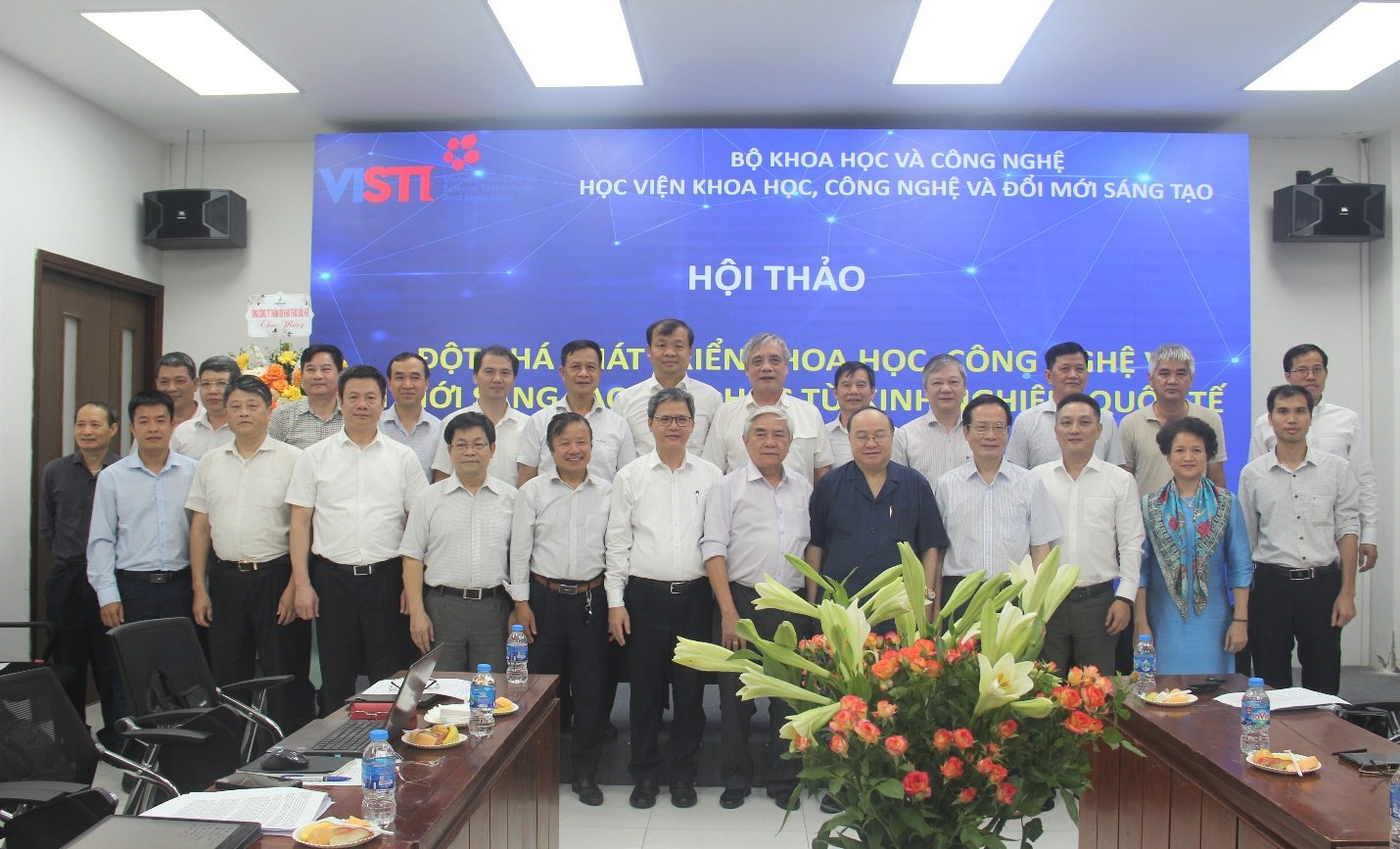
Delegates attending the conference took a souvenir photo
The only correct path for national development is to rely on science, technology and innovation.
In his opening speech, Mr. Vu Van Tich, Director of the Academy of Science, Technology and Innovation (AAST), affirmed: During the 40-year journey of innovation, the Party and State have always considered S&T as the top national policy, the driving force for socio-economic development, and the solid foundation for industrialization and modernization.
However, the potential of science, technology and innovation has not been fully exploited and promoted to make worthy contributions to economic growth and improve labor productivity.
In the context of a rapidly changing world today, the Party and the State have clearly identified: The only correct path for national development is to rely on science, technology and innovation. Many strategic policies and guidelines have been issued to unlock resources, take advantage of opportunities, and create momentum for breakthroughs.
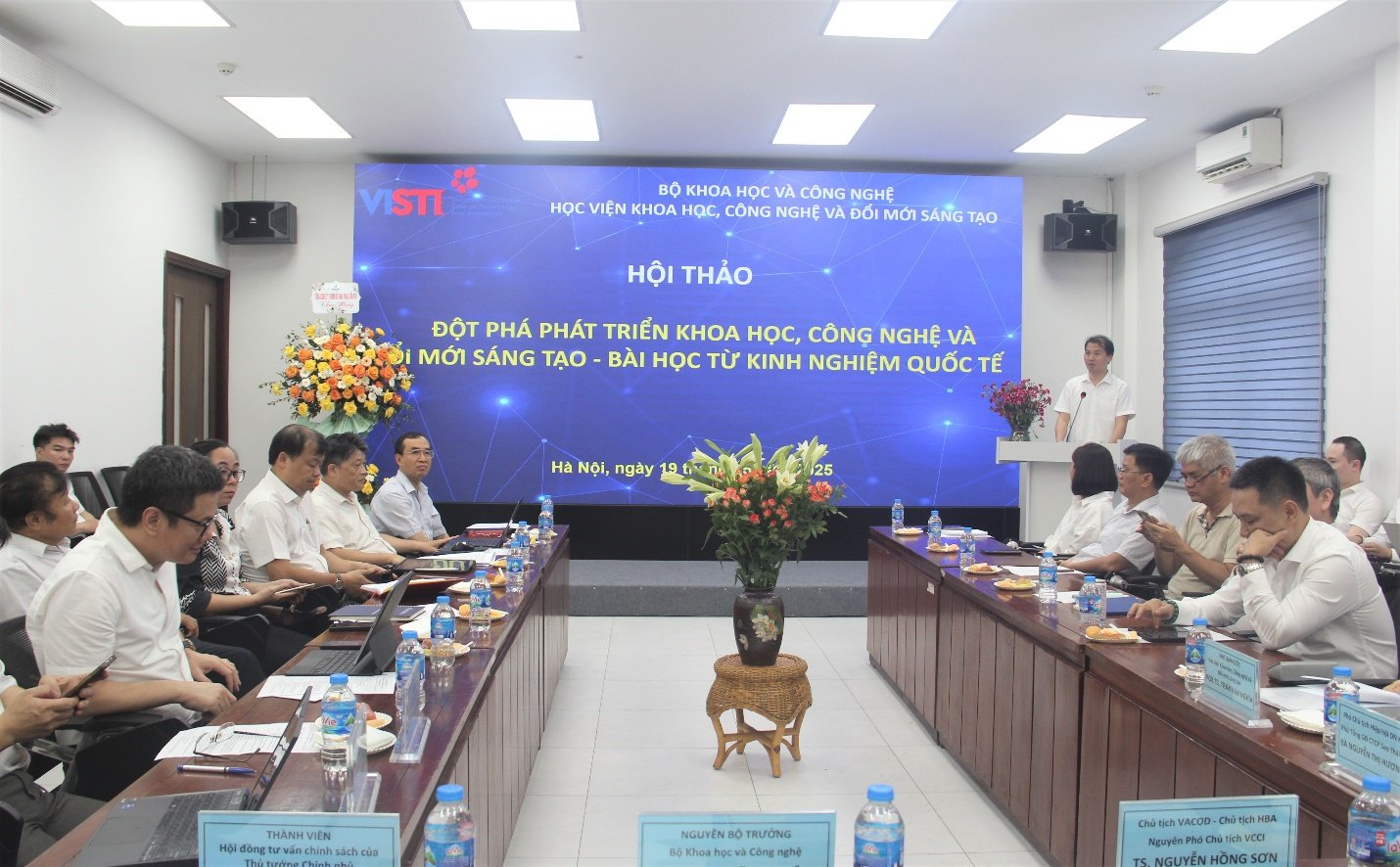
Overview of the Workshop
Resolution 57-NQ/TW of the Party on breakthroughs in science, technology and innovation development and national digital transformation is expected to become a "Contract 10" in the field of science, technology and innovation, contributing to removing barriers and strongly promoting science, technology and innovation. In addition, a number of other important resolutions such as Resolution 68-NQ/TW on private economic development, Resolution 66-NQ/TW on innovation in law making and enforcement to meet the requirements of national development in the new era, Resolution 59-NQ/TW on international integration in the new situation, Resolution 193/2025/QH15 on piloting a number of special mechanisms and policies to create breakthroughs in science, technology, innovation and national digital transformation, have demonstrated the political determination of the Party and State in transforming science, technology and innovation inputs into specific and practical socio-economic development achievements.
Also at the workshop, Associate Professor, Dr. Vu Van Tich - Director of the Academy of Science, Technology and Innovation presented the opportunities and challenges in the process of transforming Vietnam's development model. The current growth model based on resources, cheap labor, assembly industry and foreign investment is at risk of becoming outdated, backward, not creating real added value, and potentially falling behind if not changed promptly.
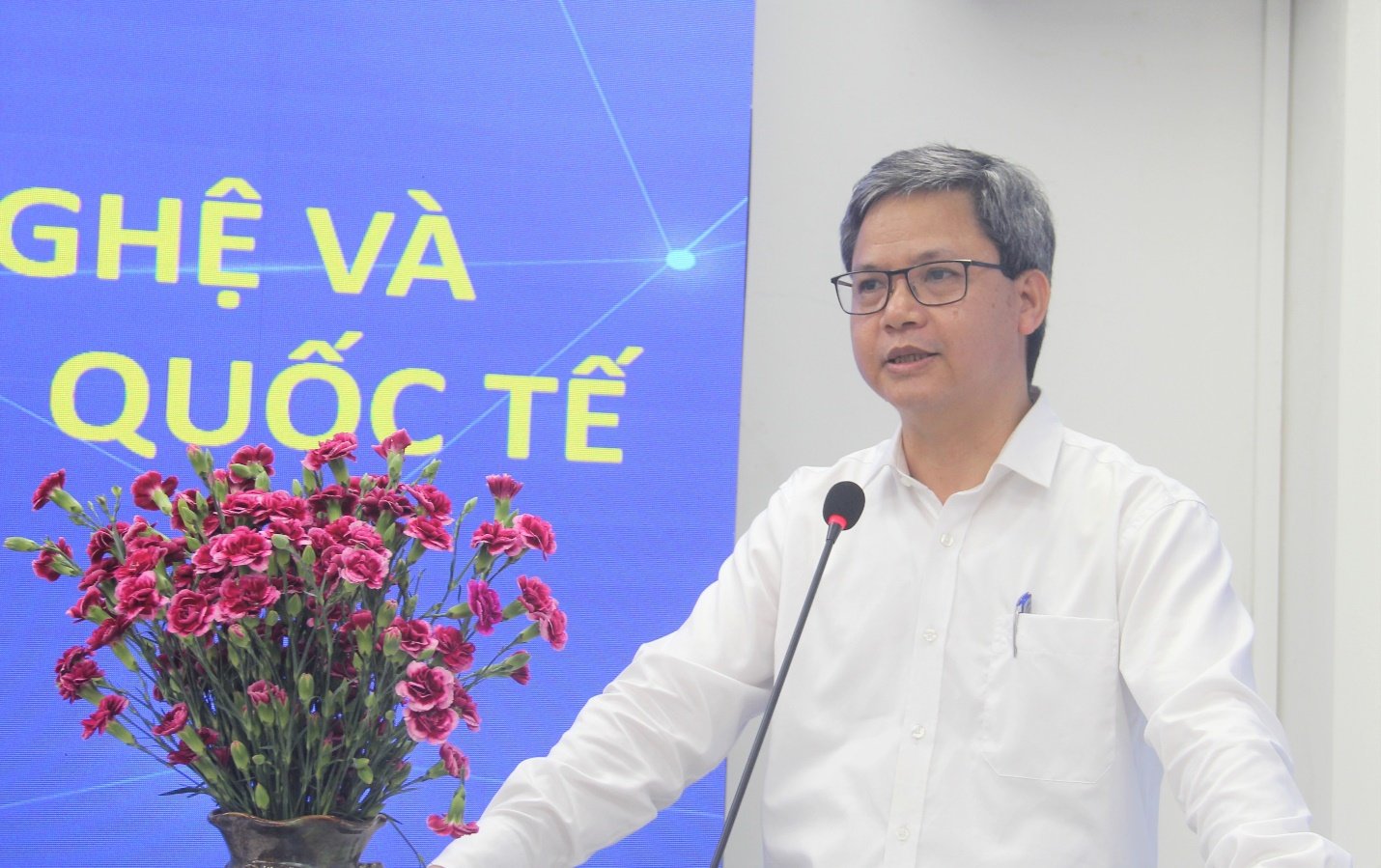
Assoc. Prof. Dr. Vu Van Tich - Director of the Academy of Science, Technology and Innovation spoke at the Workshop
From the successful lessons of countries such as Korea, Israel, Singapore... countries that are not rich in resources but have risen strongly thanks to science, technology and innovation, Vietnam needs to renew its development thinking, taking science, technology and innovation as the central driving force; Create a mechanism to support businesses in technological innovation, patent protection, and research commercialization; Develop research centers, creative startup ecosystems, and link institutes - schools - businesses; Develop digital economy, e-commerce, new business models...
Focus on managing output products for scientific research topics and projects
Speaking at the workshop, former Minister of Science and Technology Nguyen Quan, Chairman of the Vietnam Automation Association, emphasized: To develop science and technology, Vietnam needs to operate according to the market economy mechanism and approach international practices. There are three major issues that need attention: financial mechanism, mobilizing social investment for science and technology development and ownership of research results.
Currently, the way of funding research is still heavily influenced by the "basic construction" mindset, which is a major obstacle to bringing research results into life. Currently, developed countries are using the fund mechanism, the State's budget for scientific and technological research is allocated directly to this fund, after scientists are approved by competent authorities, they are signed contracts and funded immediately. Mr. Nguyen Quan expressed his joy when Resolution 57-NQ/TW clearly stated that the State supports scientific and technological research through the fund mechanism. He also proposed the need to simplify procedures, reduce invoices and documents, and strictly manage output products for scientific and technological research topics.
Sharing the same view with Mr. Nguyen Quan, Professor Nguyen Thanh Thuy - former Vice President of the University of Technology, Vietnam National University, Hanoi, Chairman of the Vietnam Information Technology Association, said that it is necessary to reverse the management method, focusing on managing output products. Enterprises are now ready to innovate, place orders with scientists from business budgets if the mechanism creates more favorable conditions.
Mr. Nguyen Hoa Cuong, former Deputy Director of the Central Institute for Economic Management, shared some international experiences in managing science and technology activities. Accordingly, the State assigns large topics, grants autonomy to scientists, and provides funding commensurate with the assigned scientific tasks, thereby creating many breakthroughs in scientific research. At the same time, the level of science and technology management must also be at a sufficient level to manage such large science and technology tasks.
Prof. Dr. Le Huy Ham - former Director of the Vietnam Agricultural Genetics Institute gave some figures on investment in science and technology compared to national GDP. China's GDP is 44 times that of Vietnam, but the investment in science and technology is 69 times higher; Japan's GDP is 10 times higher but the investment is 69 times higher; South Korea's GDP is 4 times higher but the investment is 63 times higher; countries like Singapore, Malaysia, and Thailand also invest heavily in science and technology. Vietnam's investment in science and technology is still low but there are too many research institutes and R&D facilities. Therefore, the investment is not up to the threshold and is not effective. Therefore, it is necessary to promote planning, decentralize research institutes, and reduce focal points. Decentralization and funding should be in the direction of concentrating on one focal point at the Ministry of Science and Technology, avoiding dividing resources.
Mr. Le Dinh Tien, former Deputy Minister of Science and Technology, Standing Vice President of the Central Committee of the Vietnam Association for Community Health Education, said that the development problem is a big challenge for many countries, especially countries in Southeast Asia that are facing the middle-income trap. We need to consider Resolution 57-NQ/TW as part of the four major Resolutions of the Central Committee, contributing to promoting the country's development in the coming time. He especially emphasized the role of the private economic sector, considering it the most important driving force to promote science, technology and innovation in the country./.
Source: https://mst.gov.vn/dot-pha-phat-trien-khoa-hoc-cong-nghe-doi-moi-sang-tao-bai-hoc-tu-kinh-nghiem-quoc-te-197250520203545999.htm



![[Photo] General Secretary To Lam attends the 80th Anniversary of the Cultural Sector's Traditional Day](https://vstatic.vietnam.vn/vietnam/resource/IMAGE/2025/8/23/7a88e6b58502490aa153adf8f0eec2b2)




![[Photo] Prime Minister Pham Minh Chinh chairs the meeting of the Government Party Committee Standing Committee](https://vstatic.vietnam.vn/vietnam/resource/IMAGE/2025/8/23/8e94aa3d26424d1ab1528c3e4bbacc45)





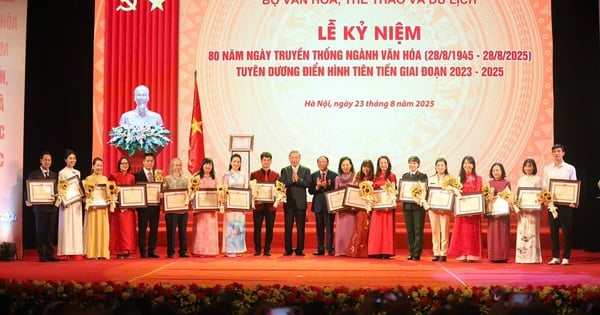
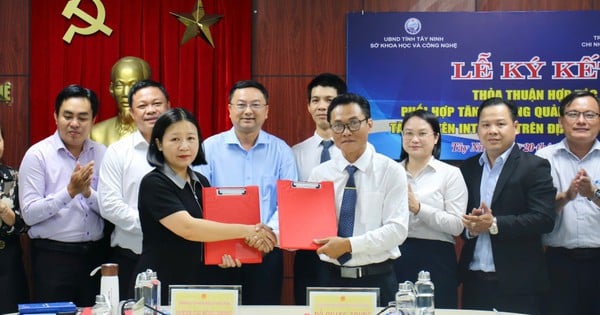
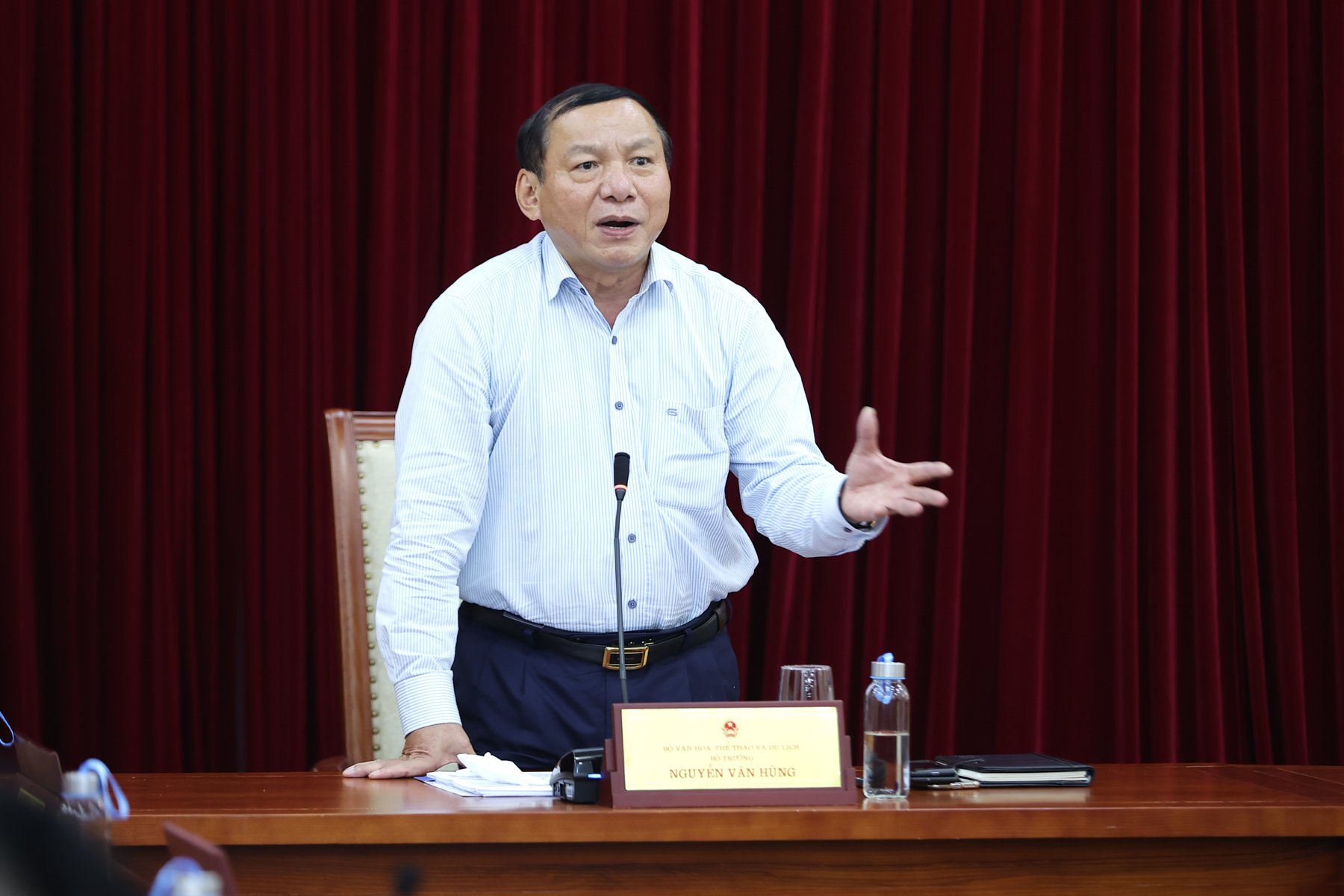







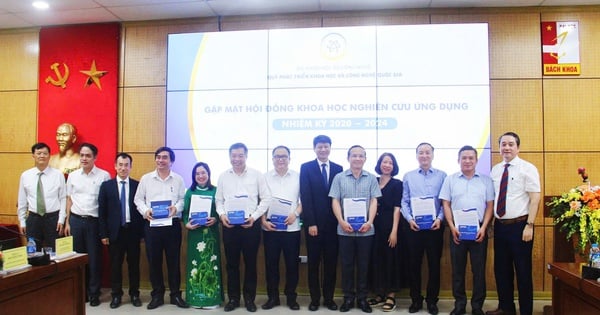

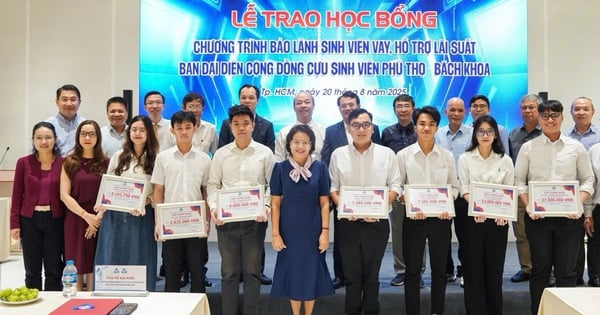





































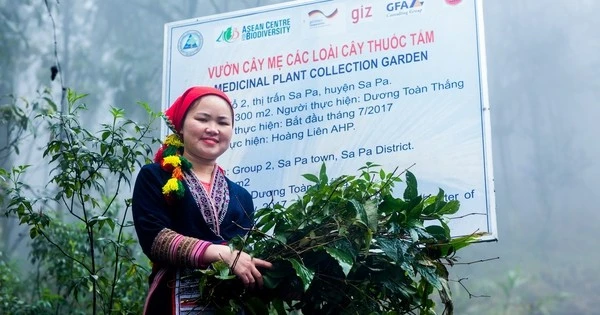




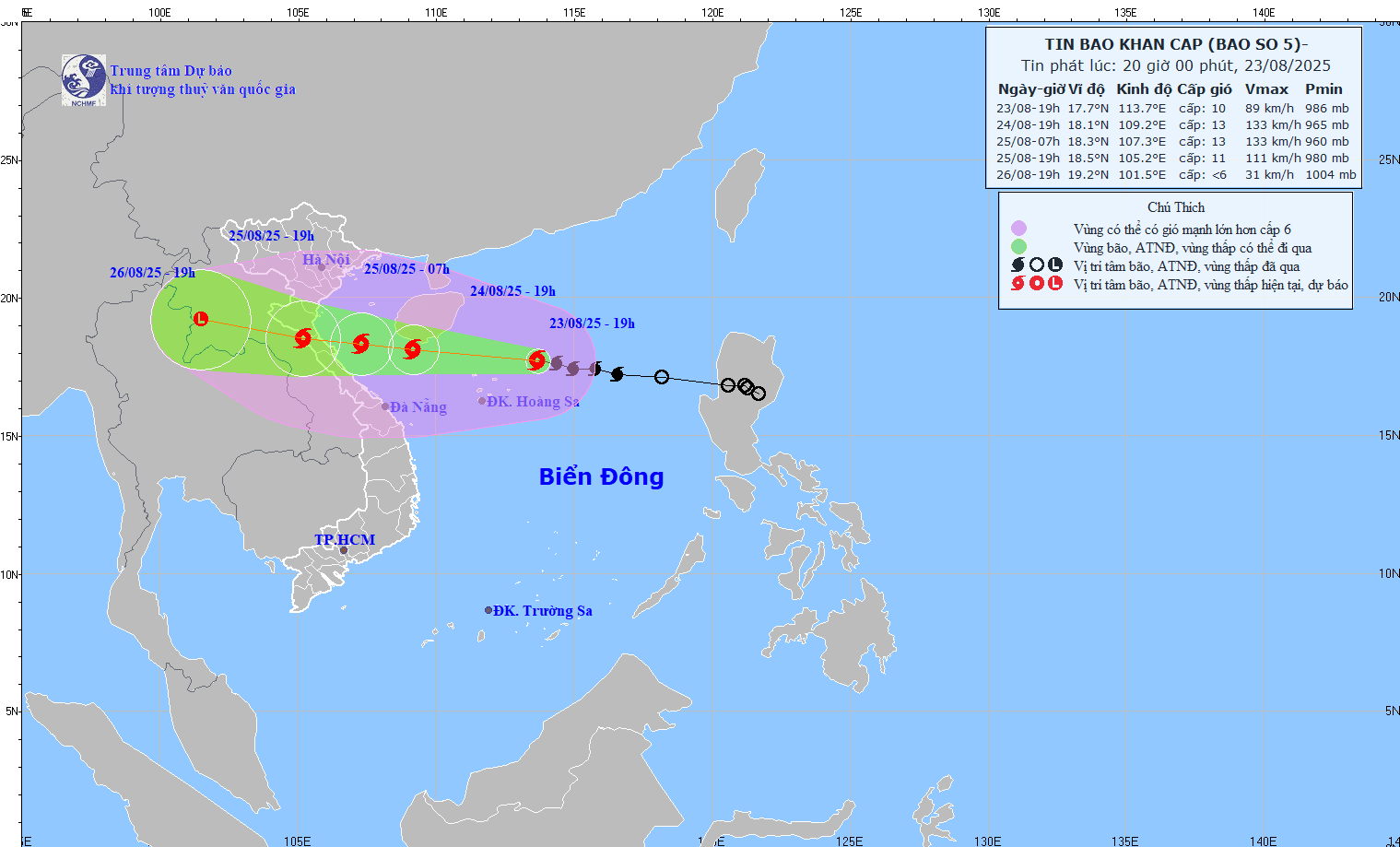


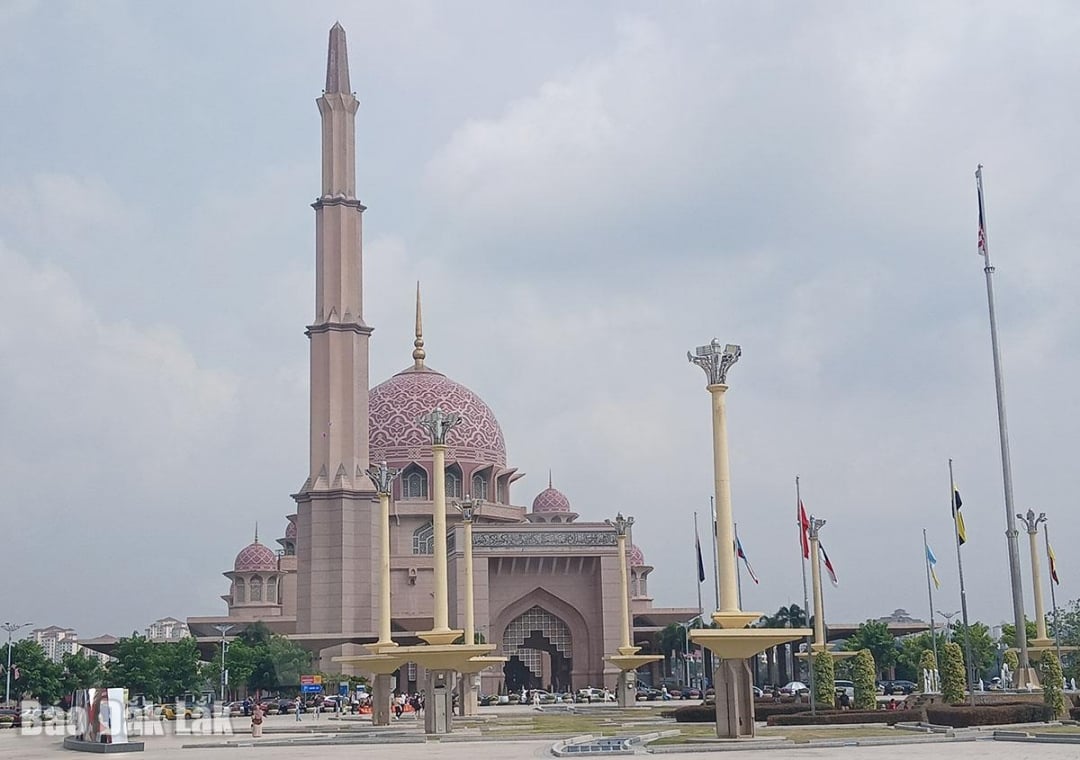
















Comment (0)